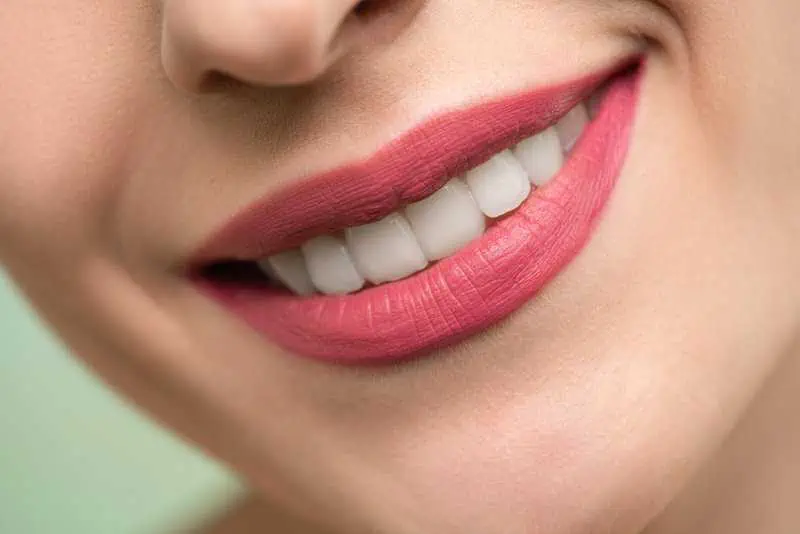
As we usher in the New Year, many of us embark on a journey of self-improvement, and for some, that may include enhancing their smile through cosmetic dentistry performed by their dentist in West Townsend. Dental veneers are a popular option for achieving a dazzling smile, but like any dental procedure, they come with their own set of pros and cons. If you’re considering a smile makeover in the coming year, it’s essential to weigh the advantages and disadvantages of dental veneers to make an informed decision.
Pros of Dental Veneers
Dental veneers are renowned for their ability to deliver a dramatic cosmetic transformation. Whether you’re dealing with stained, chipped, or misaligned teeth, veneers can provide a seamless and aesthetically pleasing solution. They can instantly improve the color, shape, and alignment of your teeth, giving you the confidence to showcase your radiant smile.
One of the significant advantages of dental veneers is their ability to mimic the natural appearance of teeth. Veneers are crafted from high-quality materials such as porcelain, which closely resembles the translucency of natural tooth enamel. This results in a smile that not only looks beautiful but also appears entirely natural.
Unlike natural teeth, dental veneers are highly resistant to staining from food and beverages. This means that your smile will remain vibrant and unaffected by common culprits like coffee, tea, and red wine. This stain resistance ensures a long-lasting and consistently bright smile.
The process of getting dental veneers from your West Townsend dentist is relatively minimally invasive compared to some other cosmetic dentistry options. Your dentist will typically remove a small amount of enamel from the front surface of the teeth to accommodate the veneers. This makes the procedure less uncomfortable and allows for a quicker recovery compared to more extensive treatments.
Cons of Dental Veneers
While the removal of enamel is minimal, the process of getting dental veneers is irreversible. Once the natural enamel is removed, it cannot be restored. This means that if you later decide to remove the veneers, your teeth will always require some form of restoration, such as dental crowns.
Dental veneers can be a significant financial investment. The cost varies depending on factors such as the material used, the dentist’s expertise, and the number of veneers needed. It’s crucial to consider your budget and explore financing options if necessary before committing to the procedure.
Some individuals may experience increased tooth sensitivity after getting dental veneers. While this sensitivity is usually temporary, it can be uncomfortable for some. It’s essential to discuss this potential side effect with your dentist in West Townsend and consider whether it’s a trade-off you are willing to make for a more beautiful smile.
While dental veneers are durable, they are not permanent. On average, veneers last around 10 to 15 years before requiring replacement. This means that individuals opting for veneers should be prepared for potential future maintenance and replacement costs.
Dental veneers can be a fantastic option for those seeking a cosmetic transformation of their smile. The key lies in understanding the pros and cons, and weighing them against your individual preferences, budget, and long-term commitment. Consulting with a qualified dentist who specializes in cosmetic dentistry is crucial to making an informed decision that aligns with your goals for a brighter, more confident smile in the New Year.